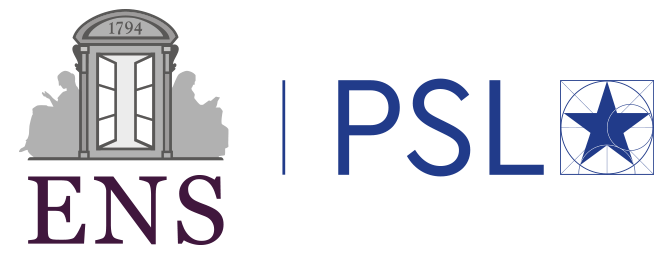Domaines
Biophysics
Physics of living systems
Type of internship
Expérimental Description
Nuclear stiffness is a key factor in the ability of cancer cells to migrate, to deform, notably during the extravasation phase, and thus to form metastases. While the cell membrane and cytoplasm are quite deformable, the ability of the nucleus to squeeze through small spaces is limited by its size and rigidity. Nuclear stiffness depends on Lamin proteins and on levels of H3K9me3-enriched rigid heterochromatin, established by the lysine methyltransferases SETDB1 and SUV39H. Our biologist collaborators have recently highlighted the essential and multiple roles of SETDB1-regulated chromatin architecture in the determining oncogenic programs. The aim of the internship is to study how SETDB1 and SUV39H regulate nuclear mechanical properties and cell migration under confinement. The intern will measure the stiffness of the nuclei of different cell lines developed by our collaborator, using an optical tweezers rheometer. She/He will also quantitatively characterize their migration abilities (speed, directionality, persistence …), in free vs confined environments. A correlation will be sought between nuclear rigidity, migration properties and the levels and spatial organization of H3K9me3 in the different cell lines.
Contact
Sylvie Hénon
